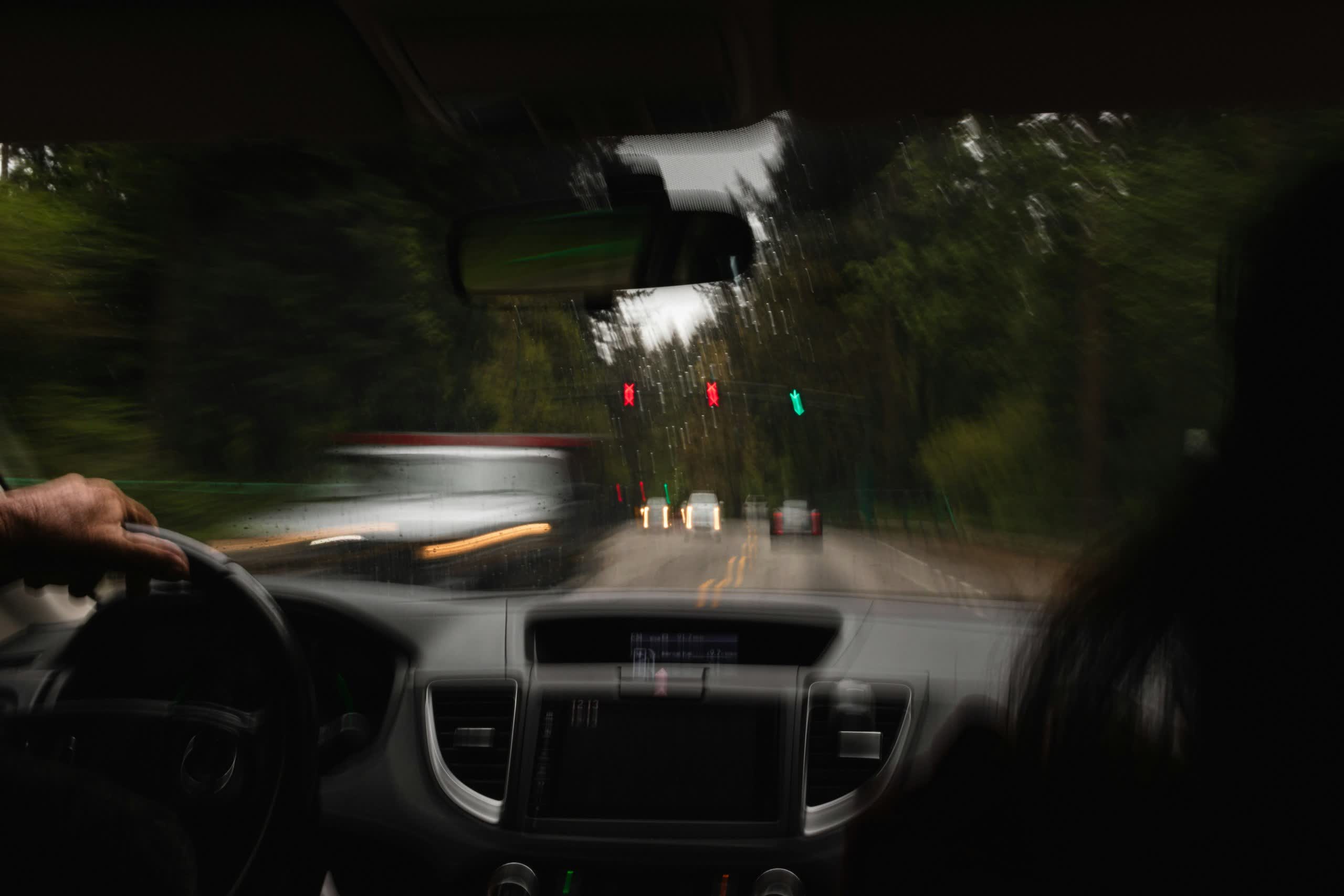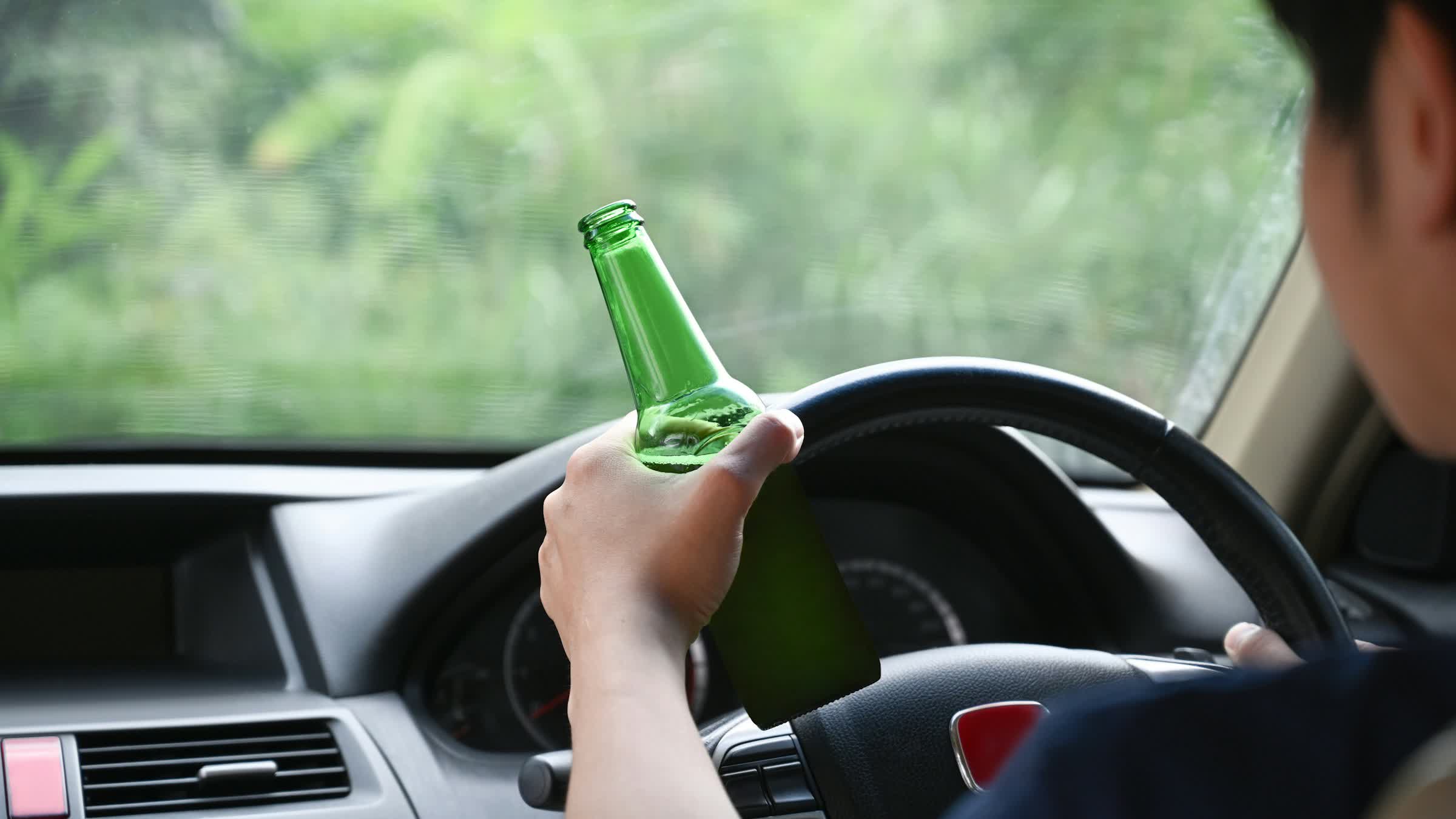In brief: Glassy eyes, drooping eyelids, a slack jaw: these are all signs that someone might have had one drink too many. It's often obvious when someone is drunk just by looking at their face, and interior vehicle cameras could eventually use these tell-tale signs to help prevent drink-driving incidents.
Researchers at Edith Cowan University in Australia are developing a new technology that uses camera footage to detect whether a driver is alcohol impaired.
In a paper that was published earlier this year, the team describes how they devised an in-vehicle machine learning system that harnesses standard commercial RGB cameras to predict critical levels of blood alcohol concentration.
The researchers tested the system using 60 volunteers and an indoor driving simulator. Each person drove at different levels of inebriation: sober, low, and severe.
By analyzing facial characteristics such as features, gaze direction, and head position, the machine learning system was able to identify even low levels of alcohol impairment 75% of the time.
The system is an improvement over current driver-impairment identification methods that rely on factors such as pedal usage, steering patterns, and vehicle speeds, meaning they only work once someone has been driving for an extended time. At that point, it might be too late to prevent an accident.

With the camera-based technology, a car's computer could identify if a driver was drunk as soon as they got in, at which point the system would prevent the vehicle from starting.
The system can also use 3D and infrared footage of a driver's face, along with rearview camera videos that can show their posture. Steering interactions, event logs, and screen recordings of driving behavior can also be incorporated.
"Our system has the capability to identify intoxication levels at the beginning of a drive, allowing for the potential prevention of impaired drivers from being on the road," said Ensiyeh Keshtkaran, a doctoral student at Edith Cowan University, Australia, who contributed to the project.
Edith Cowan University Senior Lecturer Dr. Syed Zulqarnain Gilani said the next step was to define the image resolution needed to use the algorithm. If low-resolution videos are proven sufficient, this technology could even be employed by surveillance cameras installed on the roadside, allowing authorities to better identify drunk drivers.
NHTSA statistics show that about 37 people in the US die in drunk-driving crashes every day. In 2022, 13,524 people died in alcohol-impaired driving traffic deaths.
In December, the NHTSA said it had taken the first step in making anti-drunk driving technology a requirement in vehicles.
New camera-based system can detect alcohol impairment in drivers by checking their faces
